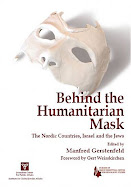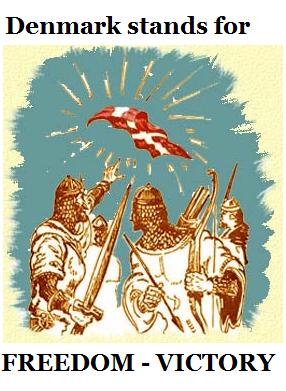A very interesting case study worth the attention:
By Dr Manfred Gerstenfeld
- In the Mohammed-cartoon controversy, the Western world faced fundamental questions that will continue to evolve in the coming years. These include: the nature of Western identity; the internal solidarity of the Western world; to what extent Western societies can be intimidated; how Muslim violence should be confronted; whether a Western Islam can evolve; to what extent some of the Muslims living in the West are a fifth column for a violent non-Western culture; and whether right-wing trends in the West will increase.
- Israel and the Jews were drawn - almost inevitably - into the controversy between Muslims and the West once the violent protests against the cartoons rapidly accelerated in the first week of February 2006. This was yet another manifestation of the hard core of anti-Semitism that portrays the Jews as responsible for all evil in the world.
- Western media contrasted Muslims' sensitivity about the cartoons with the stream of far more offensive anti-Semitic cartoons published in Muslim media. The Middle Eastern boycott of Danish firms also raised some questions about Danish boycotts of Israel.
- Israel faces a serious risk of Western scapegoating as the Muslim-Western controversy develops over the coming years. In an increasingly unpredictable world, Israel may need to establish a rapid-analysis force to assess emerging global events.
In the Mohammed-cartoon controversy, the Western world faced fundamental questions that will continue to evolve in the coming years. These include: the nature of Western identity; the internal solidarity of the Western world; to what extent Western societies can be intimidated; how Muslim violence should be confronted; whether a Western Islam can evolve; to what extent some of the Muslims living in the West are a fifth column for a violent non-Western culture; and whether right-wing trends in the West will increase.
Israel and the Jews were drawn - almost inevitably - into the controversy between Muslims and the West once the violent protests against the cartoons rapidly accelerated in the first week of February 2006. This was yet another manifestation of the hard core of anti-Semitism that portrays the Jews as responsible for all evil in the world.
As so often happens, some of Israel's extreme Muslim enemies blamed it for the conflict. Many Western media contrasted Muslims' sensitivity about the cartoons with the stream of far more offensive anti-Semitic cartoons published in Muslim media. The Middle Eastern boycott of Danish firms also raised some questions about Danish boycotts of Israel. Yet another aspect was that Jewish personalities and organizations made statements about the affair.
The cartoon controversy offers lessons and insights about attitudes toward Jews and Israel. A description of how the conflict developed and its impact on the main parties can enhance understanding of the various Jewish and Israeli aspects of the affair.
From there, one can better define the evolving issues to be observed in the future. This enables focusing on those aspects of the Muslim-western cultural conflict that will become increasingly important and may affect Jews and Israel in substantial, yet unpredictable, ways.


























No comments:
Post a Comment